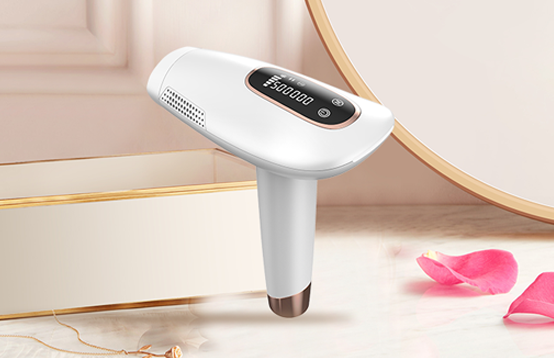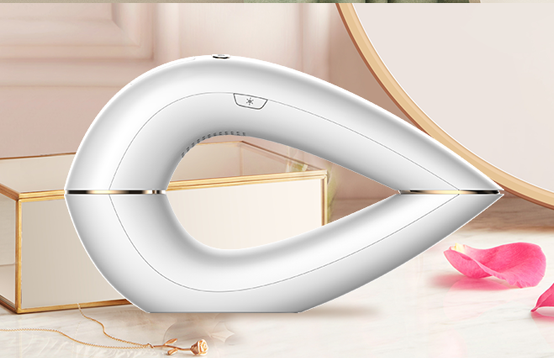Permanent Laser IPL Hair Removal Ⅲ
What Are The Common Contra-Indications Associated With Pulsed Light Treatments? ... Who Should Not Be Treated? Who Should Be Treated With Caution?
Diabetics - Type I and Type II. Diabetics in general have a compromised immune system therefore are at greater risk of delayed healing and infection in the case of an adverse effect hence are not the ideal candidates for treatment however Type I diabetics are routinely treated with pulsed light in a safe and effective manner.

Pregnancy - Those who are pregnant are not completely contra-indicated, but must be advised they are not the ideal candidates for treatment because of the hormonal and pigmentation changes that can occur during pregnancy.
Menopause – Women in this phase of life will potentially have a lower resistance, hence greater reaction to light based therapy. Menopause as a condition should be disclosed in the client consult so that the appropriate adjustments can be made to the treatment parameters and post-treatment instructions.
Hormone Replacement Therapy (HRT) – In many cases these therapies promote hair growth so they are not the ideal candidates as results are less predictable.
Hirsutism – A condition characterized by unnatural hair growth, these individuals are not the ideal candidates for permanent hair reduction. When treating these individuals you must set realistic expectations of treatment. Hair ‘management’ is the best way to describe the procedures in these cases.

Polycystic Ovarian Syndrome (PCOS) – An underlying condition which can effect hair growth. Not the ideal candidate. When treating these individuals you must set realistic expectations of treatment. Hair ‘management’ is the best way to describe the procedures in these cases.
Chemotherapy – Patients undergoing chemotherapy will necessarily have a weakened immune system which implies they are not ideal candidates for intense pulsed light treatments unless adequate time has passed since their last chemotherapy treatment.

Photo-sensitive Drugs – Certain photo-sensitive drugs may heighten the response of intense pulsed light treatments including redness, inflammation and hyper-pigmentation. These may include retin-A, acne medications, anti-cancer medications, antidepressants, muscle relaxants, sedatives, antihistamines, antimicrobials, hypoglycemics and non-steroidal anti-inflammatory drugs. It's important to disclose and fully document any medication being taken prior to receiving the pulsed light test patch and subsequent treatment.
Suntanned Skin - Do not treat sun-tanned skin as the increased level of melanin in the skin can cause unpredictable results including long term pigmentation changes.

 EN
EN  ES
ES PT
PT SV
SV DE
DE TR
TR FR
FR


